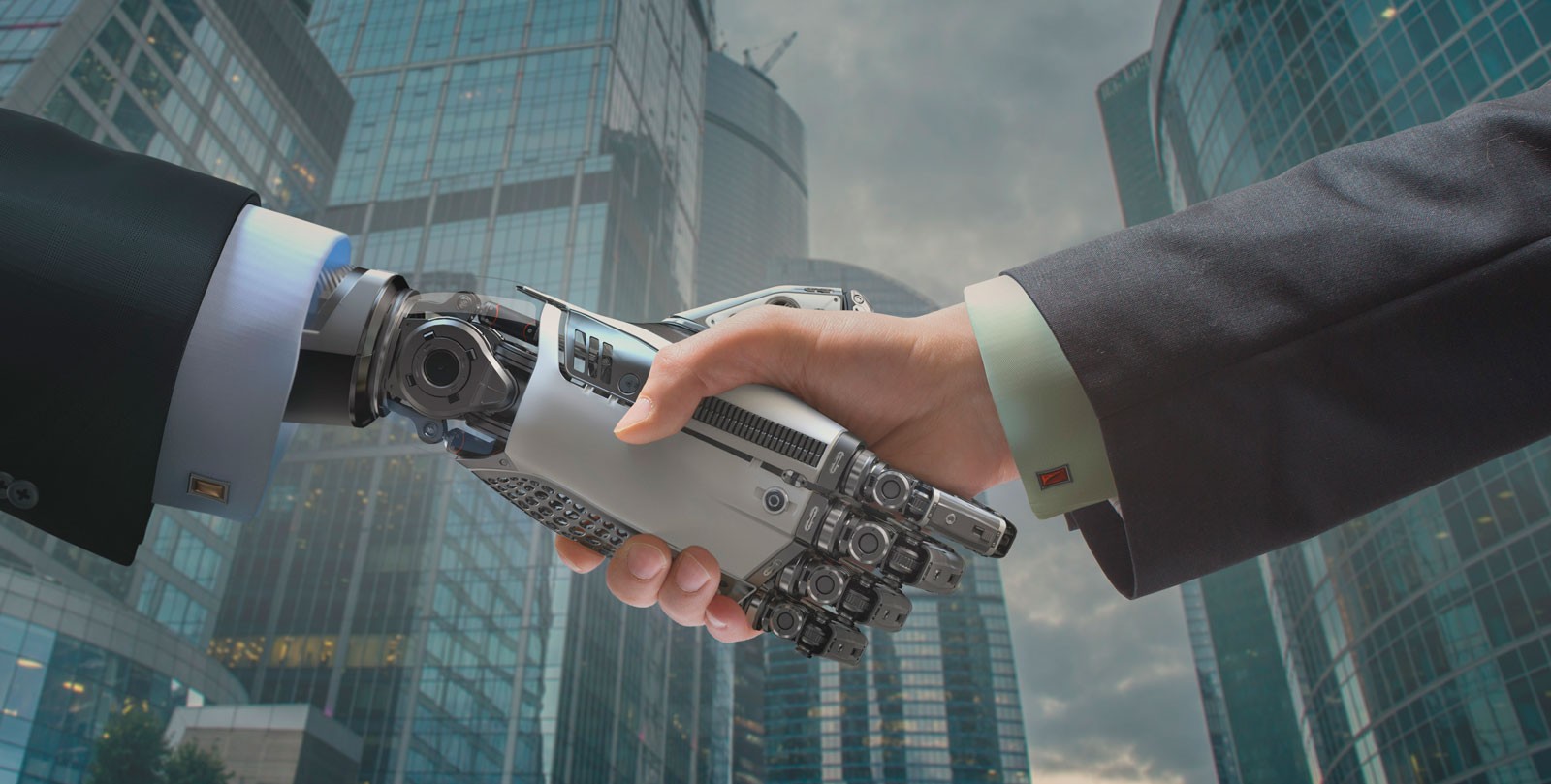Staying ahead in a world of digitalisation
With the rise in digital transformation across businesses worldwide, the role of corporate accountants has expanded from financial and accounting skills to include data science and analytics, research by Dr Wang Rencheng, Associate Professor of Accounting and his co-authors at SMU’s School of Accountancy showed.
Speaking at a recent Brown Bag Work Hack Series, Dr. Wang shared on how data digitalisation could impact accounting jobs and financial reporting quality, citing research conducted by SMU's School of Accountancy Research Centre (SOAR).
“We have switched our research focus to data analytics, data technology and data transformation. Our researchers are investigating blockchain applications in the securities market to see what the benefits are of applying blockchain techniques in the capital market. Some of our research also applied machine learning techniques to improve the prediction models of intentional accounting misreporting, which is one of the most important topics of interest in accounting. And in a study on whether data analytics skills will help improve audit quality at audit firms, we found that auditors with better data analytics skills can reduce the likelihood of misreporting,” Dr. Wang explained.
Over the last 10 years, more companies have taken on digital transformation as part of their business strategy, with the percentage of digital firms increasing from 9% in 2010 to 46% in 2019, Dr. Wang’s research showed. This alone makes it crucial for financial specialists to continue learning new digital and data skills to stay on top of the game.
“In terms of digital skills, we found that while demand for accountants has not changed significantly, demand for such skills has increased dramatically, which is consistent with our understanding that digital transformation increases demand for accountants with digital skills,” Dr. Wang stated.
Looking to address whether a company's digitalisation affects the demand for corporate accountants, whether digitalised firms increase their demand for accountants with digital skills and what benefits companies stand to gain from hiring accountants with digital skills, Dr. Wang shared that one of the key motivations behind the research was the economic impact of digital-related investments.
"Almost about US$4.5 trillion was invested in digitalisation in 2022 worldwide, however, there is no consensus on whether and how digital investments can actually generate positive economic gains. Some researchers found that there are benefits in terms of an increase in the firms' growth opportunities and productivity, but other researchers found that the firm's digital investment can lead to lower profit margins or sales growth. So the question remains - should we invest in digital technology and how can we make sure we reap the positive benefits that digital investments can generate?" he continued.
The long debate on the impact of the global digital transformation on accountants, specifically from the human versus machine perspective, was another motivating factor in Dr. Wang's research.
"Unfortunately, accountants are one of the very top jobs that people perceived as being replaced by the machine and automation. On one hand, accountants can still apply professional judgement and skills to the work they do, but we are not sure if this is a biased view or something we can prove to be true.”
“On the other hand, we also found that many governments, including the Singapore government, are spending tax dollars trying to help accounting professionals, which includes more than 100,000 accountants in Singapore, to upscale their capabilities in relation to digitalisation. However, this then raises the question of whether such investment is worthwhile, as it could be perceived as more of a social welfare to reduce the unemployment rate, or whether it can actually generate revenue for firms," he continued.
Another motivating factor relates back to how SMU has been able to create a comprehensive accounting programme in the era of digitalisation, to ensure that students and professionals alike are able to remain relevant.
“One challenge is that there is no specific guidance from accounting standard boards or professionals on what a comprehensive accounting programme should encompass. In view of that, what SMU decided to do was to establish our own data analytics advisory board that includes networks and alumni from different industries, to seek their professional advice on what is in demand in terms of skills or profession of their staff,” Dr. Wang explained.
Additionally, the accounting programmes are designed to incorporate data analytics skills that would prepare students for handling actual scenarios, which a general data analytics or technical skills programme might not provide.
“This would bridge the gap between the IT or data science department and the accounting department. For the Master of Professional Accounting (MPA) programme, we try to incorporate technical-oriented courses, including blockchain, machine learning, AI, programme and data management, in addition to accounting and more importantly, we try to make sure that each course with new techniques will be applied in specific accounting settings and scenarios," Dr Wang elaborated.
Remuneration also increases when accountants are equipped with a healthy mix of financial and accounting knowledge along with data analytics skills, the research showed.
“We also found that accountants with digital skills will receive a higher salary than accountants without these skills. That was why when we created our accounting programmes, we debated on whether we'll focus on digital skills and technical courses, or whether it is important that accounting students still be equipped with very solid financial skills,” he concluded.





